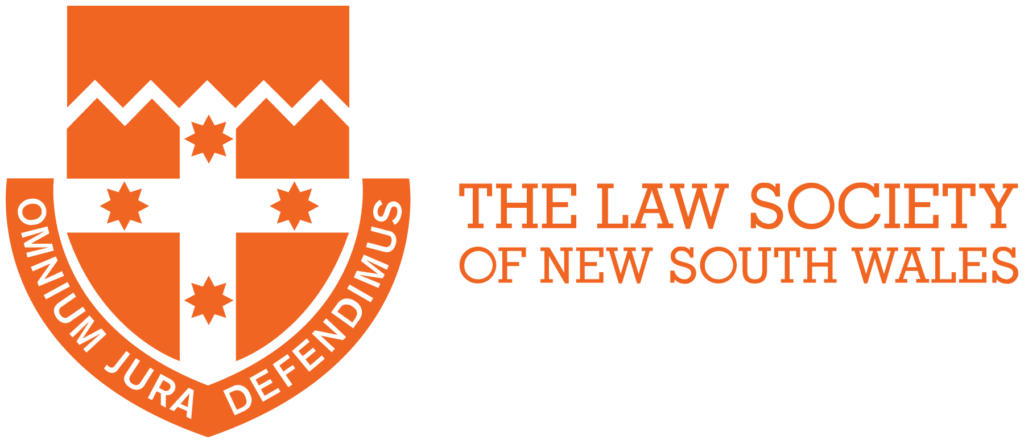Startup Lawyer
We structure equity with vesting terms, secure IP ownership before launch, and review investor rights before capital raises lock in obligations that limit founder control.


Secure Your Legal Advantage
500+
Your brand deserves to be yours, no question. Join 500+ others who’ve secured trade marks built to grow, scale, and stand out globally.
$10M +
With over $10 million recovered, our clients move forward with renewed clarity, free from delays, distractions, and the weight of unresolved matters.
2,000 +
We’ve helped over 2,000 companies scale, advising on the deals, hires, and legal frameworks behind expansion, funding, and ownership.
40 Years
With 40 years of experience, we’ve all seen the challenges you’re facing. We’ll help you avoid the mistakes others have made.













Where founders go wrong, and what a startup lawyer fixes early
Startups rarely fail because of a single legal mistake. It’s usually a basic setup issue that only becomes obvious later when a raise is delayed, a founder walks, or ownership gets challenged.
We focus on the legal work that matters early when it’s still fixable.
Structuring the business properly
Example: A startup had two founders listed as 50/50 shareholders from day one. Six months in, one left. Because there was no vesting or leaver clause, their full shareholding remained, and new investors pulled out due to the imbalance.
Preparing for investors
Example: A founder signed a convertible note without a valuation cap. When they tried to raise again, the next investor saw it as an uncapped risk and asked for a full rewrite. That delayed the deal and added legal costs on both sides.
Protecting ownership and IP
Example: A startup used a contractor to build their MVP. They assumed the IP belonged to the company. When a licensing deal came up, the contractor claimed ownership. There was no assignment clause in the contract, and the deal stalled.
Advice when new risks emerge
Example: A founder hired a developer as an “independent contractor” but didn’t document it. After a disagreement, the developer claimed employee entitlements. The lack of a signed contract or agreement made it hard to defend.
What’s Included When You Work With Our Startup Lawyers
These are the core deliverables we prepare for early-stage startups as they formalise their structure, raise capital, or make their first hires.
Shareholders Agreement
- Full-length agreement with vesting schedules, leaver clauses, decision-making rules, dispute resolution, and drag/tag-along rights
- Tailored to your actual founder and investor mix
- Includes optional clauses for future ESOP or exit events
IP Assignment & Audit Summary
- IP assignment deed for each contributor (founders, contractors, advisers)
- Summary table mapping who created what, and confirming ownership is now held by the company
- Optional: Trademark application or filing assistance (if required)
Capital Raise Documents
- Legal review of investor term sheet
- Mark-up or drafting of one SAFE, convertible note, or equity subscription agreement
- Flagging of legal risks before signature (e.g. liquidation preference, board rights, valuation cap issues)
Founder-Facing Legal Advice
- Advice on cap table structuring, adviser equity, and ESOP preparation
- Guidance on employment law basics and risk exposures
- Clarification of document terms, compliance obligations, or board processes
- Ongoing legal input during the engagement is scoped clearly, with no open-ended billing
Commercial document drafting
Fully tailored, not template-based
- SaaS agreement
- Service agreement
- Website terms
- Employment agreement
- Advisor or contractor agreement
- Ready when you are

